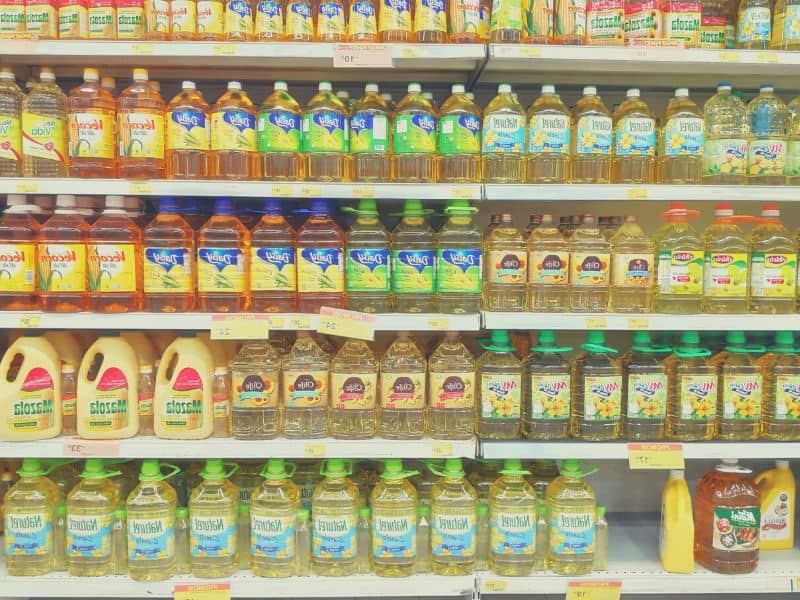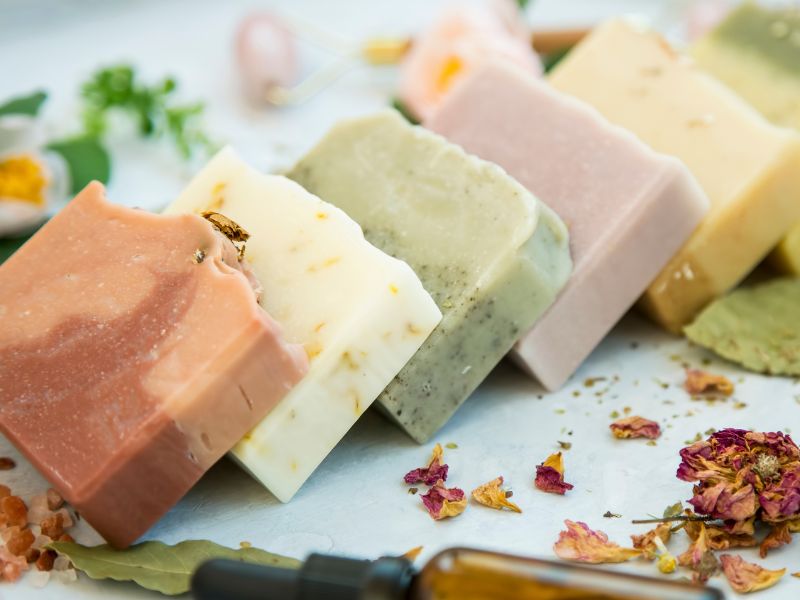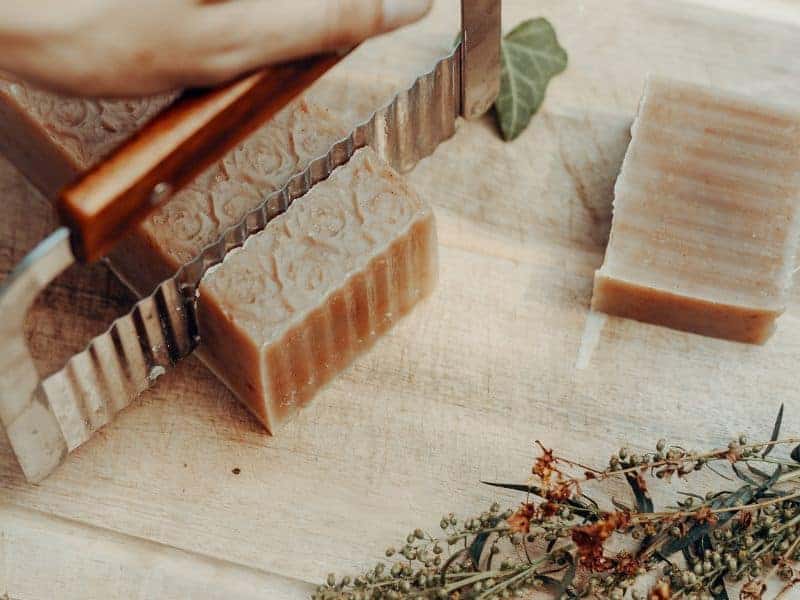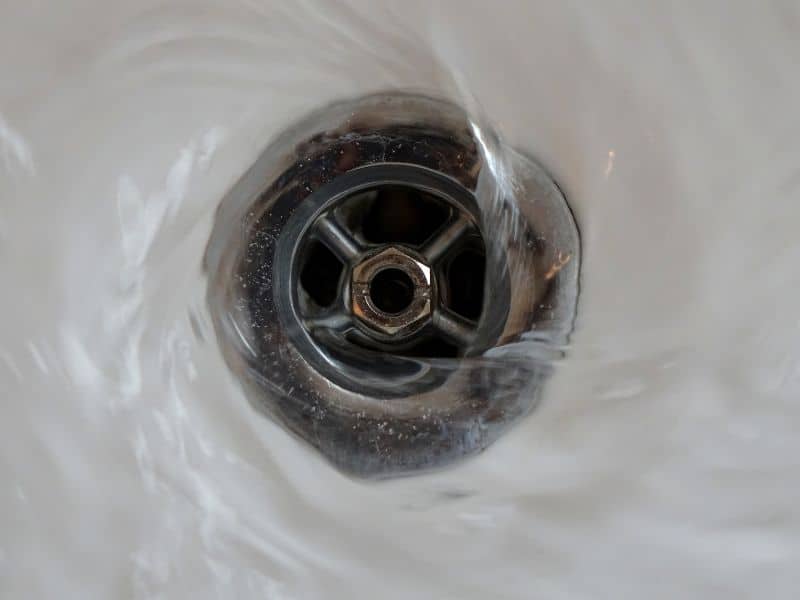Making homemade soap is a great way to get creative and make something that can be used daily. One of the main ingredients in soap making is hard oils, which form the base of the soap. But what are hard oils, and how can they be used in soap making?
Hard oils are plant-based fats that have been processed to give them a solid texture at room temperature. Unlike other types of oil which may become liquid or congealed when kept at cooler temperatures, hard oils stay solid even at lower temperatures.
These processed fats play an important role in soap making since they create a harder bar of soap with a nice lather when combined with other essentials such as vegetable or essential oils.
Common Types of Hard Oils
There are several common types of hard oils that can be used for homemade soaps.
Types of Hard Oils:
- Palm oil
- Coconut oil
- Cocoa Butter
- Shea Butter
Each one has its own properties that make it well suited for use in different kinds of soaps. For example, palm oil provides a rich lather while coconut oil is known to improve skin health.
Hard Oils and Soap Hardness
Using more hard oils can help increase the hardness of the soap you are making. Alternatively, using soft oils can help make your soap softer and more silky.
Hard oils are oils that are solid at room temperatures such as palm, and coconut oil.
Soft oils are oils that are liquid at room temperatures such as olive, and avocado oil.
In order to get the desired hardness of your soap, you should use a combination of both hard and soft oils. A good rule of thumb is to use about 60% hard oils to 40% soft oils for the best results.
When creating a soap recipe, always start with the base and then add additional ingredients such as essential oils or fragrances. The hard oils are the foundation of your soap, while other ingredients will add unique characteristics and aromas.
Hard Oils for Increasing Soap Hardness
When making your own soap, you can use a few different methods to increase the hardness of your bar.
The first is by adding more hard oils and decreasing soft oils in the recipe. This will create a harder bar of soap with a longer shelf life.
Another way to increase hardness is by adding salt or sugar to your recipe. This will help the soap set up faster and harder, resulting in a firmer bar.
Finally, you can also make your soap with a higher percentage of lye. This works best if you are using a high superfat recipe since there is less water content to react with the lye mixture. Just be sure not to use too much lye as this can cause the soap to become overly drying and harsh.
How to Use Hard Oils in Soap Making
Using hard oils in soap making is relatively simple but there are still some steps to consider before starting the process. First you’ll need to prep all your ingredients by measuring out the exact amounts needed and heating them up if necessary (most recipes call for heated ingredients).
Next you’ll need to measure the temperature and pH levels – too high or low temperature or pH levels can affect your final product negatively so it’s important to get these measurements right!
Finally you’ll combine all your ingredients together into your chosen mold before letting it sit for 24 hours before removing from the mold and curing for 4-6 weeks until ready to use.
Pros and Cons of Hard Oils in Soap Making
Using hard oils in soap making has many benefits and drawbacks.
Pros:
- Creates harder bars of soap with a longer shelf life
- Increases lather
- Can help reduce the amount of water needed in a recipe
Cons:
- Harder bars require more time to cure
- May cause the soap to dry out the skin
- Can be harder to find than other oils
Ultimately, the decision to use hard or soft oils in your recipe depends on what kind of bar you are looking for and how quickly you need it. With a bit of experimentation and patience, you can create a perfect bar of soap that meets all your needs.
Best Place to Get Hard Oils For Soap Making
When it comes to finding the best place to get hard oils for soap making, there are a few options. You can find them at most craft supply stores or online retailers such as Amazon.
You can also purchase them from specialty shops dedicated to soaping supplies or even directly from growers if you want something more natural and organic.
Ultimately the best deal you will find for soap making hard oils is with a soap supply wholesaler and buying in bulk. However, only do this if you have the demand to use the supplies because soap making supplies will eventually expire.
No matter which option you choose, make sure to do your research and get the best quality oils for your project!
Frequently Asked Questions
Hard oils are solid at room temperature such as palm, and coconut oil. Soft oils are liquid at room temperature such as olive, and avocado oil.
You can increase the hardness of your soap by using more hard oils and decreasing soft oils in the recipe. You can also add salt or sugar to your recipe, or make it with a higher percentage of lye.
Pros include creating harder bars of soap with longer shelf life, increasing lather, and helping to reduce the amount of water needed in a recipe. Cons include taking longer to cure, potentially drying out skin, and being harder to find than other oils.
Prep all your ingredients by measuring out the exact amounts needed and heating them up if necessary. Measure the temperature and pH levels, then combine all your ingredients into a chosen mold before letting it sit for 24 hours before removing it from the mold and curing it for 4-6 weeks until ready to use.
Conclusion
Hard oils provide an essential element when creating homemade soaps as they help create a harder bar than just using the majority of soft oils. Before using any type of hard oil, it’s important to pay close attention to instructions given on recipes as improper usage could lead to an undesired outcome!
With care taken when selecting molds and measuring temperatures/pH levels though, it’s possible to create beautiful homemade bars of soaps with any type of hard oil!






